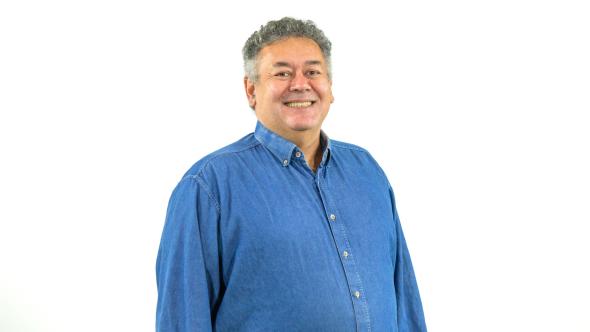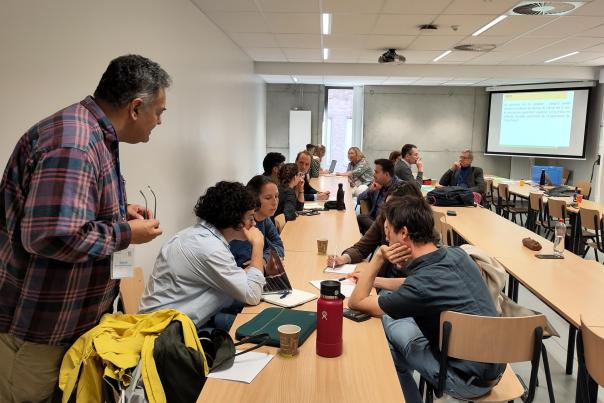His interest in conceptualization and learning translates into pedagogical methods where physics is used as a backdrop to create challenges and puzzles designed to enrich conceptual understanding. He also supervises a PhD student, Sara Lahlali, whose work focuses on learning practices using generative artificial intelligences.
Gabriel is a member of the Institut de Recherches en Didactiques et Education de l'UNamur (IRDENA). He is also part of an international group in which he collaborates with researchers from prestigious universities such as Université de Paris Cité, Université de Lyon, Université d'Itajuba in Brazil and Université du Québec à Trois Rivières. This group is interested in conceptual field theories in physics education and strives to build long-term collaborations to disseminate these ideas.
In parallel, Gabriel has just begun a collaboration with a research team at the University of Geneva on issues of physics didactics.
Passionate about inclusivity, Gabriel has developed innovative projects in Brazil aimed at designing equipment and tools to support people with learning difficulties. For example, he has worked on creating models to help blind subjects learn the principles of optics in a tangible way. He is looking to establish partnerships with ASBLs and other organizations tackling specific issues to better understand learning needs and develop adapted resources.
His international experience and commitment to promoting innovative pedagogical approaches make him an asset to the University of Namur and its students.

